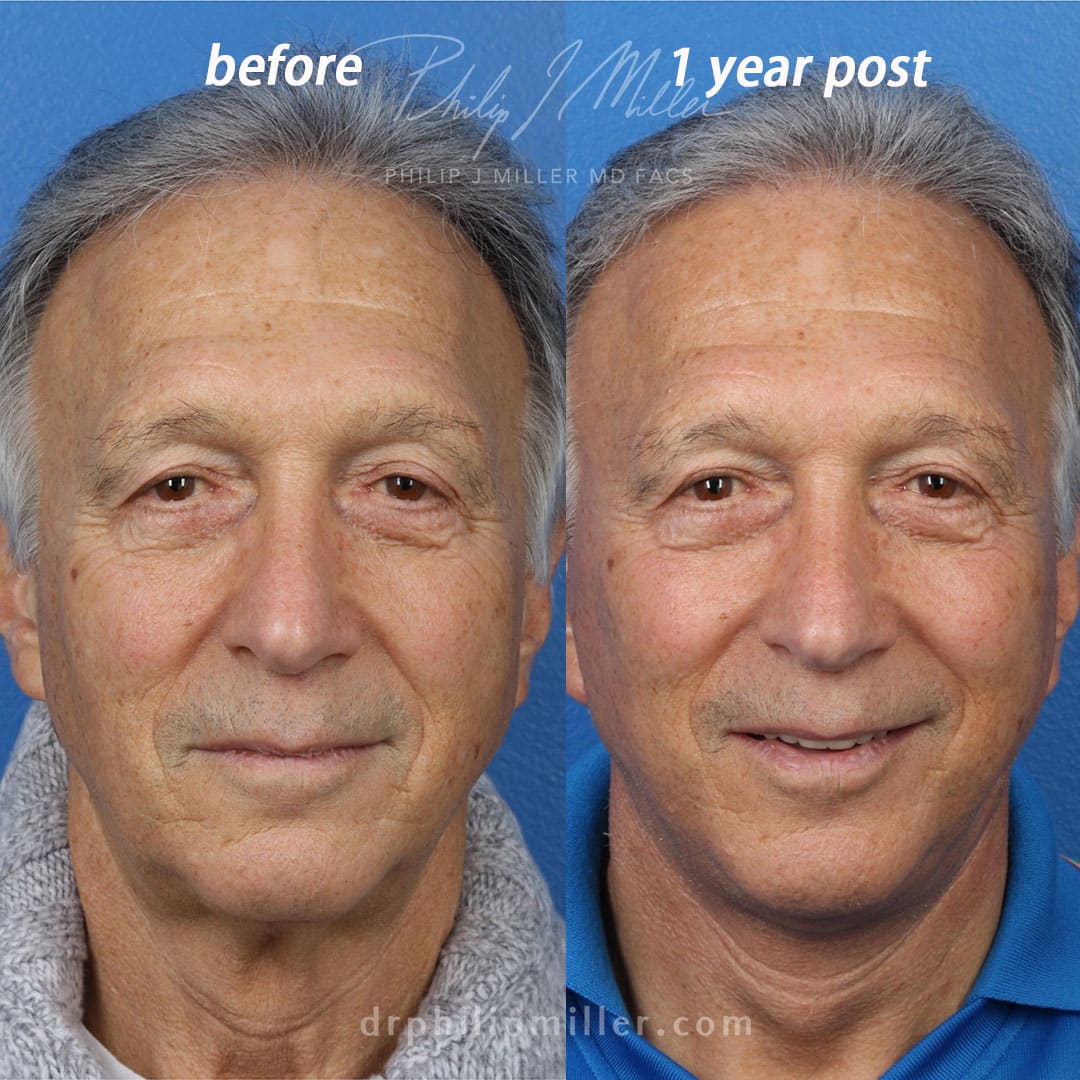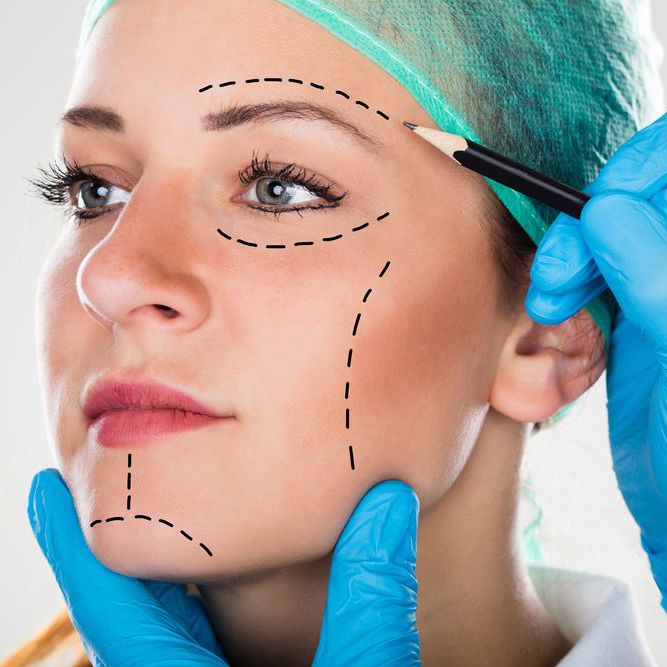Examining the Mental and Social Aspects That Drive Individuals to Take Into Consideration Aesthetic Surgical Treatment as a way of Enhancement
The choice to go after cosmetic surgery typically expands beyond mere appearances, linking with social and mental characteristics that merit complete evaluation. Variables such as self-worth, pervasive societal elegance requirements, and the prevalent influence of social media converge to form specific motivations for surgical improvement.
The Duty of Self-confidence
Self-worth considerably influences an individual's decision to pursue cosmetic surgery. People with reduced self-esteem typically perceive themselves in a negative light, leading to sensations of inadequacy regarding their physical look.

Inevitably, the duty of self-worth in the decision-making procedure relating to cosmetic surgical treatment highlights the intricate interaction between body image, individual fulfillment, and psychological wellness. Recognizing this partnership is vital for health care experts to ensure that patients are making educated choices rooted in practical expectations and psychological health.
Societal Elegance Specifications
Influenced by pervasive media representations and social narratives, social appeal standards play an important role in shaping people' perceptions of their very own bodies. These standards are typically characterized by an idealized type of beauty that stresses characteristics such as youthful vigor, balance, and slimness. As these suitables are bolstered via different networks, including film, marketing, and television, people often internalize these messages, leading to dissatisfaction with their natural look.
The implications of these societal norms extend beyond aesthetic choices; they can impact self-worth, mental health and wellness, and interpersonal partnerships. People who perceive themselves as dropping brief of these criteria might experience sensations of insufficiency, prompting a desire for plastic surgery as a method of attaining societal authorization. This quest is often sustained by the idea that conforming to these ideals will certainly boost not just physical look however additionally social standing and personal fulfillment.

Impact of Social Media
The influence of social elegance criteria is further enhanced by the surge of social networks systems, where curated images and idealized representations of elegance are common. Users are constantly subjected to filteringed system and edited photos, which usually show unattainable physical qualities. This exposure cultivates a society of contrast, leading people to evaluate their own appearance against these commonly impractical benchmarks.
Social network influencers and stars often promote aesthetic procedures, stabilizing the concept that medical enhancements are a practical ways for accomplishing societal suitables (plastic surgery rancho cucamonga). The visibility of these enhancements can produce an understanding that undertaking cosmetic surgical procedure is a conventional method, consequently influencing individuals to take into consideration similar interventions as a path to improved self-confidence and social approval
Furthermore, the interactive nature of social media sites enables prompt responses through sort and remarks, go to this site further enhancing the wish to adapt preferred appeal criteria. Such communications can worsen feelings of inadequacy and drive individuals toward cosmetic surgical procedure as a way of gaining validation. Ultimately, social networks plays a pivotal role fit perceptions of elegance, which considerably affects the decision-making procedures surrounding plastic surgery.

Social Viewpoints on Appearance
Throughout numerous cultures, perceptions of appearance are deeply rooted in historic, social, and economic contexts, shaping individuals' views on appeal and desirability. In several societies, appearance works as a significant pen of identification, influencing social status, expert possibilities, and individual connections. For instance, in some cultures, light skin is typically related to riches and privilege, while others might glorify darker complexion as symbols of strength and authenticity.
In addition, traditional appeal requirements are usually bolstered with social stories, site media representations, and household affects, resulting in varying perfects throughout different regions (plastic surgery rancho cucamonga). In Western societies, the emphasis on youth and fitness commonly drives individuals towards cosmetic improvement, while in specific Eastern societies, more refined modifications aligned with traditional aesthetics may be favored
Globalization and the spreading of electronic media have further made complex these characteristics, creating a hybridization of elegance suitables that goes beyond geographical limits. As people increasingly browse these cultural stories, the pressure to comply with details look standards can result in the need for cosmetic surgery, showing a complex interaction of social worths and individual desires. Understanding these cultural point of views is necessary in addressing the motivations behind cosmetic surgical treatment factors to consider.
Mental Impacts of Plastic Surgery
Many people seeking plastic surgery record experiencing profound emotional effects that can considerably alter their self-perception and emotional health - plastic surgery rancho cucamonga. The need for physical improvement commonly originates from underlying problems such as reduced self-confidence, body dysmorphic problem, or social stress relating to charm requirements. For some, the prompt post-operative phase can cause a short-term boost in self-confidence and satisfaction with their appearance, fostering a feeling of empowerment
However, these favorable feelings may not be enduring. Study indicates find this that while some clients experience enhanced self-confidence, others might encounter intense anxiety or clinical depression if their assumptions are not satisfied. This discrepancy can develop from impractical suitables continued by media depiction and social stories surrounding appeal.
Additionally, the mental ramifications of cosmetic surgery expand past the person. Relationships with friends and family may be strained as social dynamics shift, causing feelings of seclusion or alienation. Ultimately, the psychological impacts of cosmetic surgery are complicated and diverse, needing cautious consideration by both potential people and healthcare providers to make certain educated decision-making and realistic assumptions.
Final Thought
In final thought, the decision to seek cosmetic surgical procedure is significantly influenced by a combination of self-confidence issues, societal charm criteria, and social viewpoints on look. The prevalent reach of social media sites additionally aggravates these pressures, promoting unrealistic ideals that people usually make every effort to attain. Understanding these mental and social factors is vital for attending to the motivations behind cosmetic surgical treatment, highlighting the requirement for a much more nuanced discussion surrounding appeal and self-acceptance in contemporary society.
The decision to seek cosmetic surgical procedure typically expands beyond simple aesthetics, intertwining with psychological and social dynamics that merit comprehensive examination. Eventually, social media plays a critical duty in forming assumptions of charm, which significantly affects the decision-making processes bordering cosmetic surgical procedure.
As individuals increasingly navigate these social narratives, the pressure to conform to specific appearance standards can lead to the need for cosmetic surgery, showing a complicated interaction of personal ambitions and cultural values.In conclusion, the choice to pursue cosmetic surgery is dramatically affected by a combination of self-worth issues, societal beauty standards, and cultural perspectives on appearance. Comprehending these social and emotional variables is vital for addressing the inspirations behind cosmetic surgical treatment, highlighting the need for a much more nuanced conversation bordering charm and self-acceptance in contemporary society.